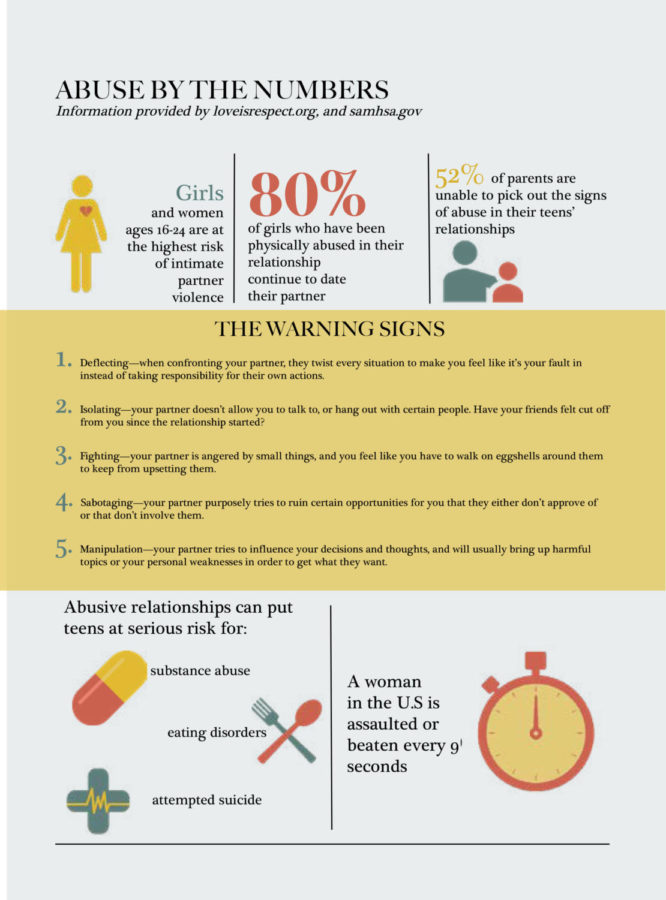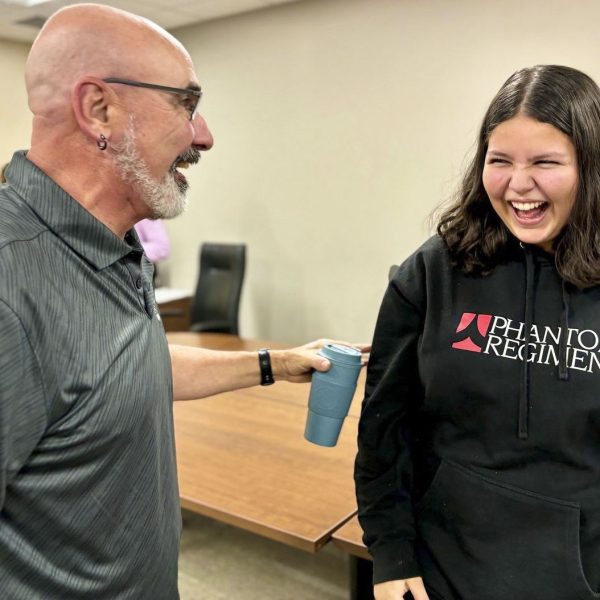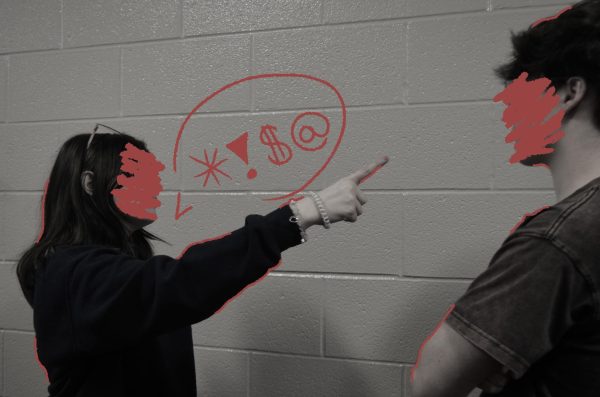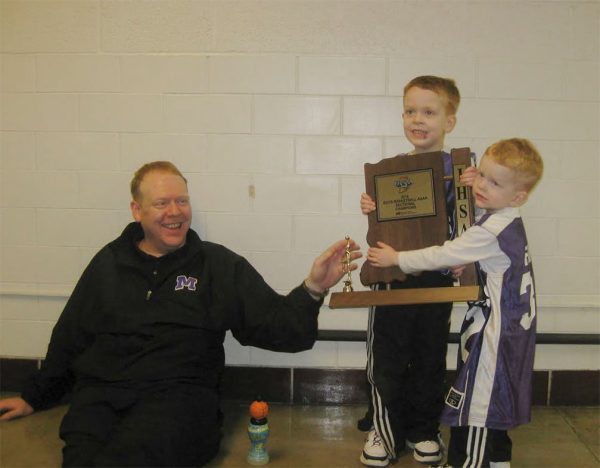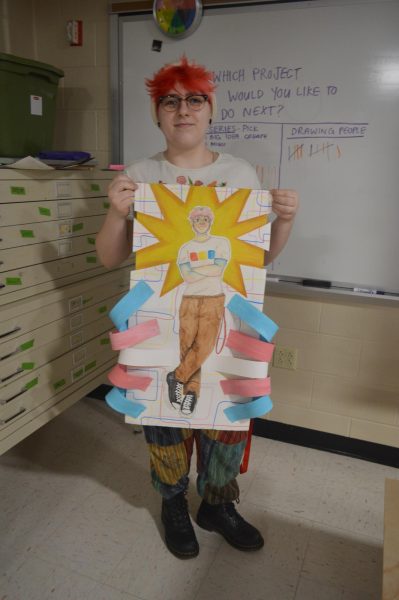Abuse is not love
February 15, 2018
The numbers are undeniable. According to The National Council on Crime, nearly one in three adolescents experience some form of abuse from a dating partner, a figure that far exceeds rates of other types of youth violence. Despite these facts, abuse isn’t often discussed, especially when it’s intertwined with love.
Many teens and even adults are unable to recognize out the signs of unhealthy or abusive behaviors within a relationship. To counteract this, organizations like Prevail, located on Ninth Street here in Noblesville, work to educate and provide resources to the victims of these relationships.
“The challenging thing about abusive relationships is that they don’t typically start that way—they start unhealthy and progress to abusive,” Prevail’s Adolescent Advocate Kelly Ferriel said.
However, distinguishing what exactly defines abuse can be difficult, according to Ferriel.
“The way we speak [at Prevail] is that an abusive action is controlling, or seeks control,” Ferriel said. “Anytime an action takes control over one person and takes away the equality, that is abusive.”
There are many ways that one partner can take control over the other, acc
Physical abuse is the most obvious form of abuse, and according to the CDC, it affects over 1.5 million high school students in the U.S. alone. Physical abuse defined as any harm to the body. “I see a lot of people who have been squeezed, or grabbed, making it so that the person cannot move or breathe,” Ferriel said.
Emotional/Verbal abuse can be hard to recognize without any physical evidence, but is the most common form of abuse. “It’s saying things like ‘Oh you’re stupid’, or ‘No one else will love you’, so put downs,” Ferriel said. “It can also be manipulation. Saying one thing, then doing another. Telling lies. Spreading rumors. Constant accusations, such as accusations of cheating,” she said.
Sexual abuse in a relationship is often the most difficult to talk about, especially for teens. “Any non-consensual contact, or constant request for nudes is sexually abusive,” Ferriel said.
Technology abuse is defined as using any technology to gain control over someone. “This can be demanding the passwords to social media accounts, or a phone. It can be sending fifty text messages in a minute, ‘Where are you?’, ‘What are you doing?’, that sort of thing. Or, tracking someone’s location with Find My Iphone, those kind of things,” Ferriel said.
Financial abuse can be overlooked, especially when a male is a victim of it; however, it does often happen. Ferriel defined this type of abuse as attempting to take control over the other partner’s financial situations. “This can be demanding that the other person pays for things, taking money from the other person, or not allowing the other person access to money,” Ferriel said.
Spiritual abuse can refer to religious beliefs or non beliefs. It’s defined as when one person tries to dictate what the other person believes or practices. “It’s also saying things like ‘You’re gonna burn in hell for this’, or ‘The Bible says such and such’,” Ferriel said.
However, if a relationship exhibits some of these characteristics, it doesn’t necessarily mean that it’s entirely bad.
“No relationship is completely abusive; often times in abusive relationships, there are some really great aspects of that relationship that can keep that person in it,” Ferriel said.
According to Ferriel. People stay in unhealthy or abusive relationships for many reasons, but fear tends to be one of the biggest factors,
“Fear that that person is going to retaliate, or talk about them behind their back and spread rumors,” Ferriel said.
Teen relationships differ from adult relationships in numerous ways, and because of this, the way abusers keep their partner in the relationship can often involve drama, and, of course, social media.
In a relationship where partners have been intimate, Ferriel said, people often fear their partner will reveal potentially embarrassing information. Partners worry they will hear, “If you break up with me I’ll share your nudes with everyone,” she said. “There can also be emotionally abusive things happening, like ‘If you leave me I’ll kill myself’, or ‘I cant live without you,’” Ferriel said.
Even if teens have read articles or talked to someone about the signs of an abusive relationship, it can still be difficult to identify abuse when they or a friend is experiencing it. However, Ferriel says that even if it’s just a concern, it’s always important to reach out.
“Your job as a support, if your friend is dealing with this, is not to tell them what to do,” Ferriel said. “Your job is to just listen and to be supportive and encourage them to speak with someone who really can help, whether that’s Prevail, a therapist, or the school counselor.”
“If someone has a gut feeling that something might not be right, to trust that feeling,”
Ferriel said. “I always say ‘trust your gut.’”


